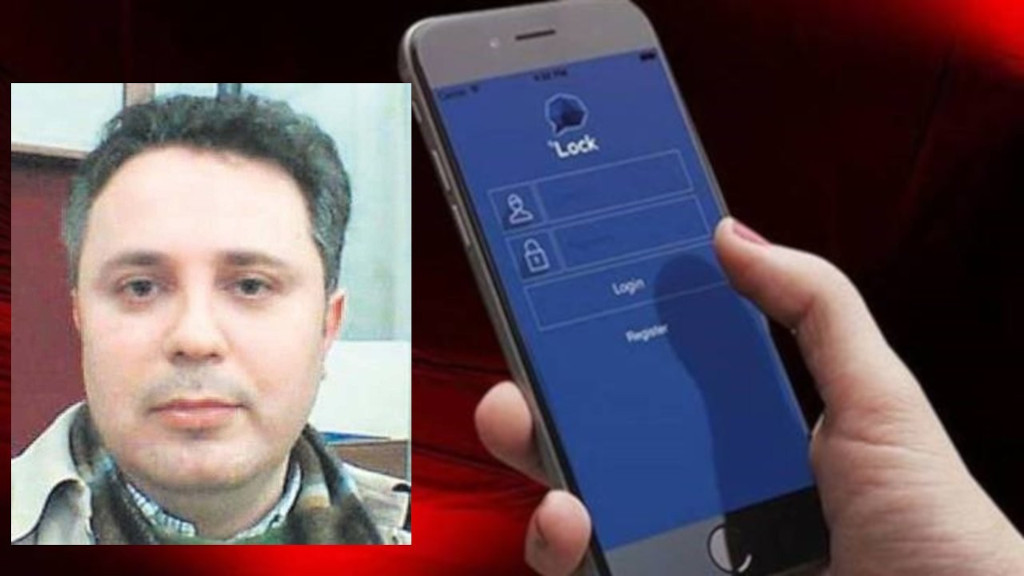A Turkish-American who hold the license for ByLock, an encrypted messaging app banned in Turkey, was released on Nov. 3 by a Turkish court, which also imposed a travel ban on him, Turkish media reported.
The İstanbul 29th High Criminal Court ruled to release Alpaslan Demir, who changed his name to David Keynes after acquiring US citizenship, citing the fact that he had turned himself in and may be entitled to a reduced sentence under the effective remorse law.
Turkey considers ByLock, once widely available online, a secret tool of communication among supporters of the faith-based Gülen movement since a coup attempt on July 15, 2016 despite the lack of any evidence that ByLock messages were related to the abortive putsch, leading to the arrest of thousands who were using it.
The Gülen movement is accused by the Turkish government and President Recep Tayyip Erdoğan of masterminding the failed coup and is labeled a “terrorist organization,” although the movement denies involvement in the coup attempt or any terrorist activity.
Keynes was arrested on June 9 on charges of membership in a terrorist organization, but state media reported Keynes’s arrest more than a month after his arrival in Turkey.
The first hearing in Keynes’ trial was held on Oct. 6, but the court didn’t release him despite reports that Keynes was expecting to be freed under a deal he made with Turkish authorities before coming to Turkey from the US and surrendering to the police.
The European Court of Human Rights (ECtHR) ruled in June in the case of a former police officer that use of the ByLock application is not an offense in itself and does not constitute sufficient evidence for arrest. The Strasbourg court’s ruling has come as a source of hope for thousands of people who were arrested or sentenced on terrorism charges based mainly on a National Intelligence Organization (MİT) report that detailed users of ByLock.
The UN Human Rights Council’s Working Group on Arbitrary Detention also stated in October 2018 that detention, arrest and conviction based on ByLock use in Turkey violated of Articles 19, 21 and 22 of the International Covenant on Civil and Political Rights.
According to a statement from the interior ministry in March 2019, 95,310 people were charged over alleged use of the ByLock application. In its technical report, which courts use as basis for their decisions, the Turkish intelligence agency stated that 60,473 defendants had at least one message posted using ByLock while 34,837 defendants had not posted any message using the application.
Since the coup attempt, followers of the Gülen movement have been subjected to a massive crackdown, with the Turkish government and pro-government media outlets demonizing its members.
In addition to the thousands who were jailed, scores of other Gülen movement followers had to flee Turkey to avoid the government crackdown.

